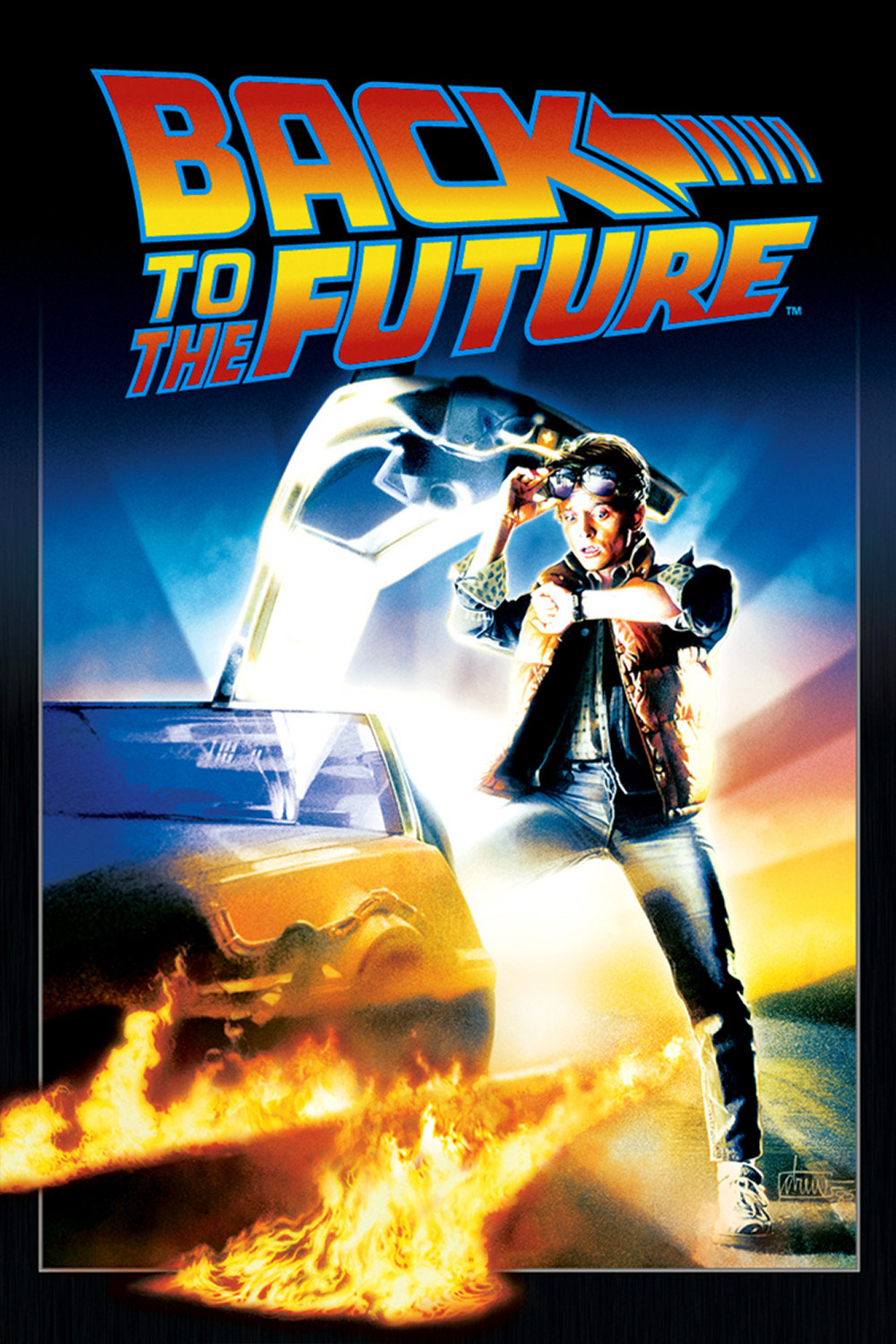Future Movies: A Glimpse Into The Cinematic Innovations Of Tomorrow
As we step into a new era of filmmaking, the future of movies is brighter and more exciting than ever. With advancements in technology, storytelling, and audience engagement, filmmakers are poised to create experiences that were once thought to be the stuff of science fiction. In this article, we will explore the trends, innovations, and anticipated films that will shape the future of cinema.
The film industry is undergoing a revolution driven by technological advancements and shifting audience expectations. From virtual reality to artificial intelligence, the tools available to filmmakers can enhance the storytelling experience and allow for unprecedented levels of creativity. As we look forward, it’s crucial to understand how these changes will affect the types of films we see and the way we experience them.
This comprehensive guide will delve into various aspects of future movies, including emerging technologies, anticipated releases, and the impact of streaming services. By analyzing these elements, we aim to provide a clear picture of what the future holds for cinema enthusiasts and the film industry as a whole.
Table of Contents
- Emerging Technologies in Film
- Anticipated Movie Releases
- The Streaming Revolution
- Interactive Cinema: A New Frontier
- The Rise of Virtual Reality in Filmmaking
- Artificial Intelligence in Scriptwriting and Production
- The Influence of Global Cinema
- Conclusion
Emerging Technologies in Film
The film industry has always been at the forefront of technology. Emerging technologies are redefining how movies are made and experienced. Here are some key innovations:
- 4K and 8K Resolution: Higher resolution formats provide unparalleled clarity and detail.
- Augmented Reality (AR): AR is creating immersive experiences that blend the real and digital worlds.
- Advanced CGI: Computer-generated imagery continues to evolve, allowing for more realistic environments and characters.
- Streaming Quality: As streaming platforms adopt higher resolutions, the quality of home viewing experiences improves dramatically.
Anticipated Movie Releases
As we look ahead, several films have generated significant buzz. Here are some highly anticipated releases that showcase the future of cinema:
1. Avatar 3
James Cameron’s Avatar franchise continues to captivate audiences with its stunning visuals and compelling storytelling. The third installment promises to expand the Pandora universe even further.
2. Dune: Part Two
Following the success of the first film, Denis Villeneuve’s Dune: Part Two aims to conclude the epic saga with breathtaking visuals and a star-studded cast.
3. The Matrix Resurrections
The beloved franchise returns with a fresh take on the iconic story, exploring themes of reality and identity in a digital age.
The Streaming Revolution
Streaming services have transformed how we consume films. The rise of platforms like Netflix, Hulu, and Disney+ has led to significant changes in the film landscape:
- Accessibility: Viewers can watch movies from the comfort of their homes at any time.
- Diverse Content: Streaming services provide a platform for independent filmmakers to showcase their work.
- Global Reach: Films can reach international audiences more easily than ever.
Interactive Cinema: A New Frontier
Interactive cinema is emerging as a unique way to engage audiences. Films like "Black Mirror: Bandersnatch" have pioneered this format, allowing viewers to make choices that influence the story. This trend is expected to grow, with filmmakers exploring new ways to involve audiences in the narrative.
The Rise of Virtual Reality in Filmmaking
Virtual reality (VR) is revolutionizing how stories are told. Filmmakers are experimenting with VR to create immersive experiences that put viewers inside the action:
- Immersive Storytelling: VR allows viewers to explore environments and interact with characters in a way that traditional films cannot.
- New Genres: The possibilities for storytelling expand as filmmakers create narratives specifically designed for VR.
Artificial Intelligence in Scriptwriting and Production
Artificial intelligence is making its mark on the film industry. AI tools are being developed to assist writers in creating scripts, analyzing audience preferences, and even enhancing post-production processes. This technology can streamline workflows and provide insights that lead to better films.
The Influence of Global Cinema
The globalization of cinema has led to a rich exchange of ideas and styles. Films from different cultures are gaining popularity worldwide, influencing mainstream storytelling:
- Increased Diversity: Audiences are exposed to a wider variety of perspectives and narratives.
- Collaborative Projects: Filmmakers from different countries are working together to create unique films that appeal to global audiences.
Conclusion
As we explore the future of movies, it is clear that innovation and creativity will continue to drive the industry forward. From emerging technologies to interactive storytelling, the possibilities are endless. Movie enthusiasts can look forward to an exciting landscape filled with new experiences and narratives.
We invite you to share your thoughts on the future of cinema. What trends are you most excited about? Leave a comment below, and don’t forget to share this article with fellow film lovers!
Thank you for reading, and we hope to see you back on our site for more insights into the world of cinema!
Rich Buckler: A Comprehensive Guide To His Life And Achievements
Daphne Sullivan: A Comprehensive Insight Into Her Life And Career
Exploring The Life And Career Of Ronda Flemming: A Hollywood Icon


